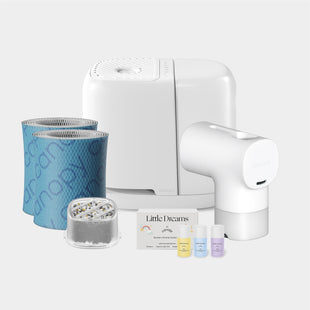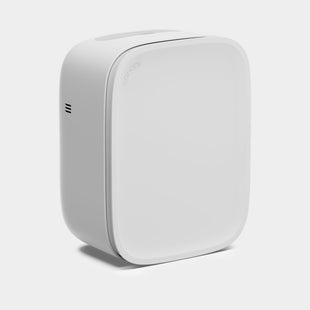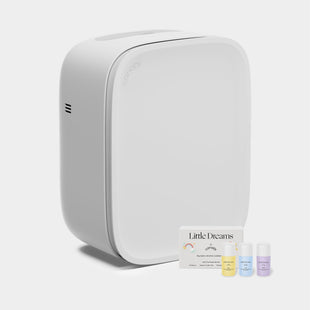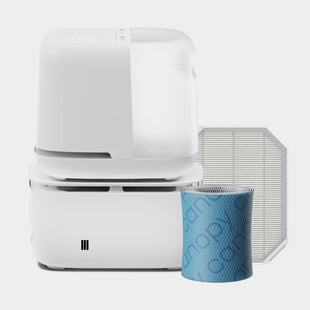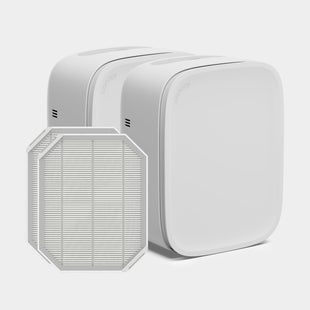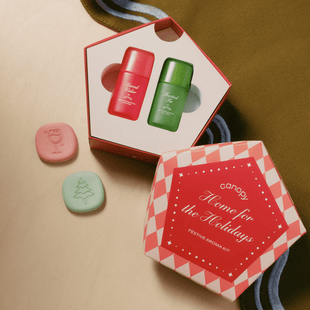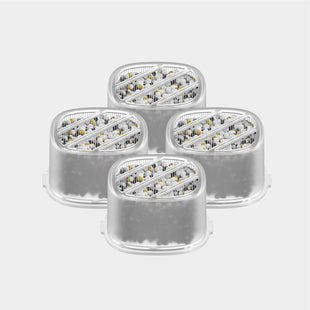This content has been reviewed and updated on July 31, 2023.
A hot shower can feel like the perfect way to warm up your muscles in the morning or wind down after a long day. Yet, no matter when you choose to take it, it’s possible that a hot shower could do more harm than good. Specifically, is hot water bad for your skin? Let’s take a look.
Does Hot Water Dry Skin Out?
Most people with skin conditions like eczema, rosacea, and psoriasis likely already know to avoid long, hot showers. That’s because the hot water disrupts the natural skin barrier, which helps to keep your body’s largest organ protected against irritation, allergies, and infections. It removes the natural oils from the skin, leading to excessive dryness. This can compound or aggravate symptoms from preexisting skin conditions. Yet, it can also lead to itchy, scaly, and otherwise irritated skin, even in people without skin issues.
Aside from causing dryness, hot water can be bad for your skin in other ways. For instance, the drying effect can trigger the sebaceous glands to produce more sebum. This, in turn, can lead to breakouts or worsen existing acne.

Of course, excessively hot showers also put you at risk of burns. Water over the temperature of 120 degrees can cause injuries. As a rule of thumb, if the water feels too hot with a quick test, it’s definitely too hot for your shower.
What Should Your Average Shower Temperature Be?
What is the ideal range for your water temperature if hot showers are out? Some people find cold water invigorating, and athletes may use ice baths and similar cold-water exposure methods as part of their recovery. Yet, data is mixed about the efficacy of this approach, so don’t feel bad if you’d rather avoid the Arctic blast.
When it comes to finding the best shower temperature to care for your skin, it’s all about striking a balance. You want to avoid a steamy, hot suds session, but you can do so while avoiding the shock of cold water. Ideally, your shower should feel lukewarm, generally within 98 to 105 degrees.
Is Water Quality Also a Factor?
With that in mind, keeping your shower temperature within an ideal range isn’t the only thing you can do to promote skin health. For instance, limit your showers to 20 minutes or less to prevent dryness. And consider looking into your water’s hardness.
If you have hard water (more than 120 to 180 parts per million of calcium and magnesium), it can leave a residue on your skin and strip away the natural oils. In other words, even if you’re showering at the proper temperature, minerals can still cause skin issues—and you need to resist the temptation to scrub harder or use warmer water to get clean. You can usually spot the signs of hard water by checking to see if your glass of tap water looks foggy with particles or looking for white residue left behind on your plumbing fixtures.
Fortunately, the issue is easily remedied with a shower filter. With softer, lukewarm water, you can enjoy healthier skin without sacrificing a soothing shower. Not only will your skin look and feel better, but you’ll also be better protected against irritation and other issues when your skin’s natural barrier is restored.
Canopy is your choice for reimagined household devices that effortlessly optimize your home for beauty and wellness, from your bedroom oasis to your active family spaces. And we’re ready to help you upgrade one of the most important parts of your routine—the shower. Our new easy-to-install filtered shower head reduces dissolved minerals, added chlorine, and other contaminants in your household water, providing clean water that supports healthy skin and hair. Say goodbye to dull skin, brittle hair, and flaky scalp and hello to healthy skin and scalp and longer-lasting hair color.









